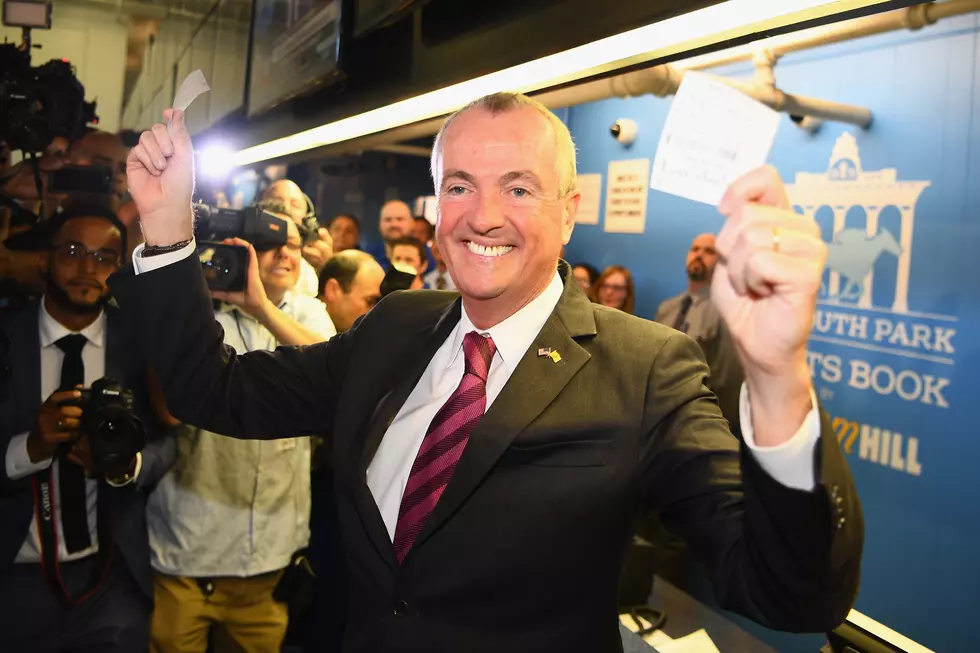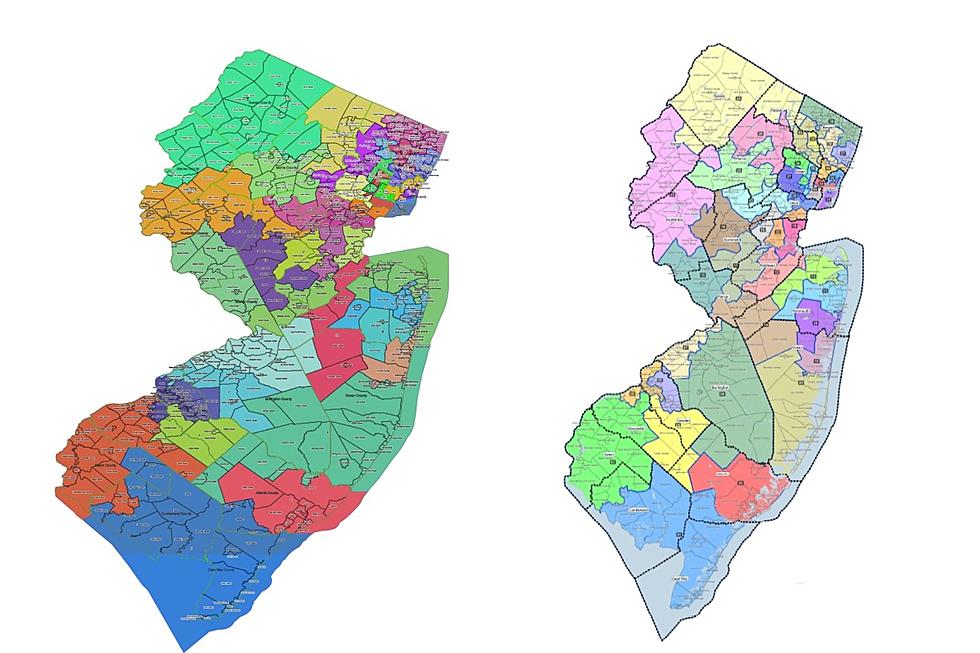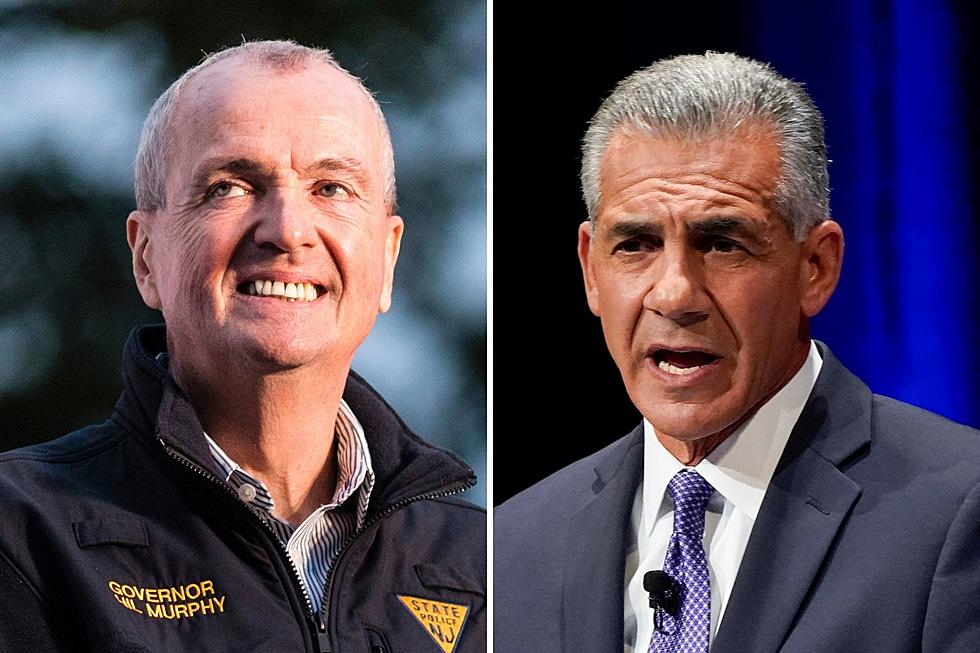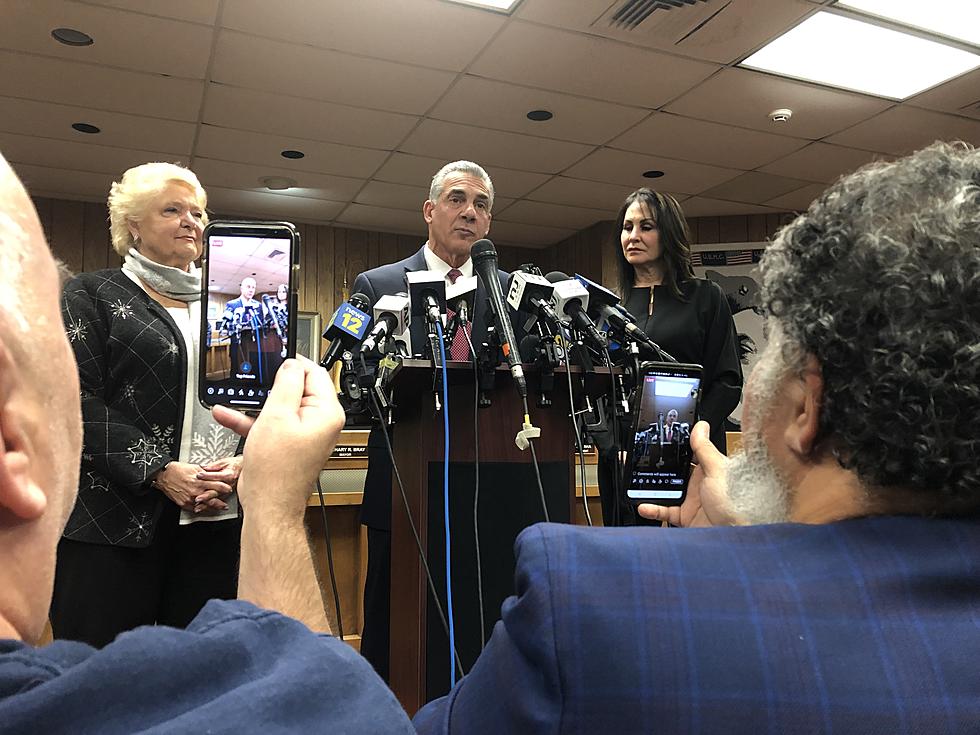
Murphy in strong position entering his re-election campaign
TRENTON — It’s always an election year in New Jersey, and Tuesday’s State of the State provides an unofficial jumping-off point for Gov. Phil Murphy’s re-election bid.
Murphy is seeking to be the first Democrat to win re-election in New Jersey since Gov. Brendan Byrne in 1977. Public opinion polls from October suggest he approached the new year with healthy job approval ratings – 62% favorable in the Rutgers-Eagleton Poll and 60% in the Fairleigh Dickinson Poll.
“Anybody can be beat,” Rowan University political scientist Ben Dworkin said. “But entering into this election year, Phil Murphy is in a very good position.”
Dworkin said Murphy has secured strong support from the Democrats’ energetic progressive base. He cut enough deals with party leaders to avoid a primary, including South Jerseyans who are sometimes his antagonists. He has the personal wealth to underwrite his campaign, as well as strong fundraising that has already collected enough to qualify for full public matching funds for the primary.
“And his leadership during the pandemic overall has been viewed very favorably by the public,” Dworkin said. “Now that can change, but we’re starting now with the vaccines, which means things are only likely to get better as we head closer to Election Day.”
Rider University political scientist Micah Rasmussen said Murphy could be beaten, but not easily.
“It’s going to be tough,” Rasmussen said. “I mean, the overriding factor is that we have a million more registered Democrats in the state than Republicans. And that is just a prohibitive number that Republicans are going to always have to deal with.”
When Murphy was elected in 2017, there were nearly 880,000 more registered Democrats than Republicans in New Jersey – 2.12 million to 1.24 million. In the three years since then, the Democrats’ edge has grown by 200,000 more, with nearly two more members for every new Republican.

“Can it be done? I’m sure it can be done,” he said. “You have to look at back at the fact that the last three Republican governors have been re-elected, and the last three Democratic governors have not been re-elected. It certainly is possible. But this pronounced difference in registration has never been as big as it is now. The gulf has never been wider. And it’s a tough time for Republicans to be looking to bridge it.”
Even before the events at the Capitol last week that have Democrats considering impeaching President Donald Trump again, this time for inciting an insurrection, Republicans had to walk a fine line between courting Trump’s ardent supporters without alienating Democrats and independents who dislike him.
In the Associated Press’ exit poll of 2,477 voters, 59% said they had an unfavorable view of Trump.
“The trick is going to be: How do you keep the Trump voters in your fold – and you have to be really careful about that, because they’re pretty sensitive about any sense that you are abandoning President Trump – while figuring out how you can attract back some of those marginal suburban voters who might be inclined to think about voting Republican in other circumstances,” Rasmussen said. “Why you’ve lost them and how you win them back now is really the question.”
History would suggest Republicans’ chances improved with Trump’s loss. Not since 1984 and 1985, when President Ronald Reagan and Gov. Tom Kean each won re-election, have New Jerseyans elected a governor from the same party as the incumbent president.
That’s eight election cycles in a row when New Jersey zigs a year after the nation zags.
“Essentially, we are the first midterms,” Rasmussen said. “It would be wrong to call it a midterm, because you’re only at year one of the president’s term, but we are essentially the first litmus test for the president’s party that’s in power. We’re the first referendum on the president’s party that’s in power. And typically – and this is true whether you have a successful president or an unsuccessful president – typically there is a bit of a letdown after year one.”
“The first chance we get to hold the president’s party responsible is the New Jersey governor’s election. Typically, that means trouble for the party that’s in power, which is this case is going to be Joe Biden’s party, the Democratic Party,” he said. “So, if people are cranky because Biden hasn’t fulfilled all of his campaign promises yet, then the Democrats could potentially be the ones to take that on the chin.”

Four Republicans have filed paperwork with the state Election Law Enforcement Commission declaring their candidacies: former Assemblyman Jack Ciattarelli, former Republican Party state chairman Doug Steinhardt, conservative businessman Hirsh Singh and David Winkler, who has also begun a campaign to recall Murphy from office.
Dworkin said potential elements that could put Murphy at risk would include a very unpopular Biden, infighting among Democrats in New Jersey and a pandemic that persists beyond mass vaccinations in the spring.
“The pandemic can come back,” Dworkin said. “No one can predict that, but if there’s a new strain, if there’s some kind of hiccup you can’t even imagine, but if it doesn’t work and we don’t start getting better, then that can certainly affect his chances.”
More From Townsquare Media News:
CHECK OUT: 53 towns in NJ that switched from Trump to Biden
More From 92.7 WOBM










